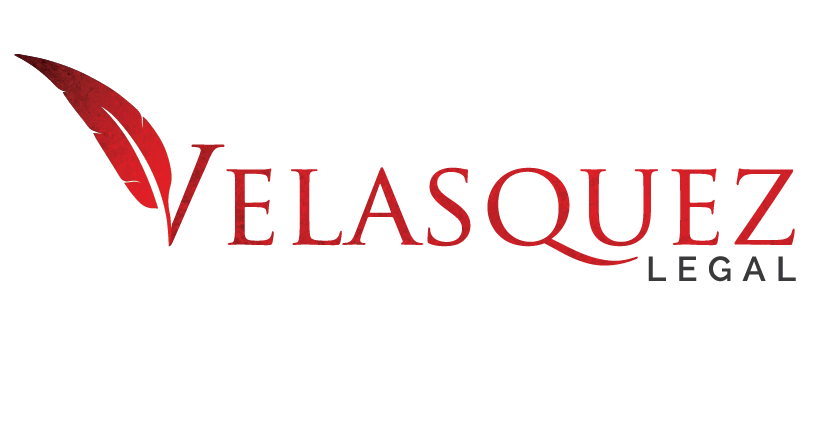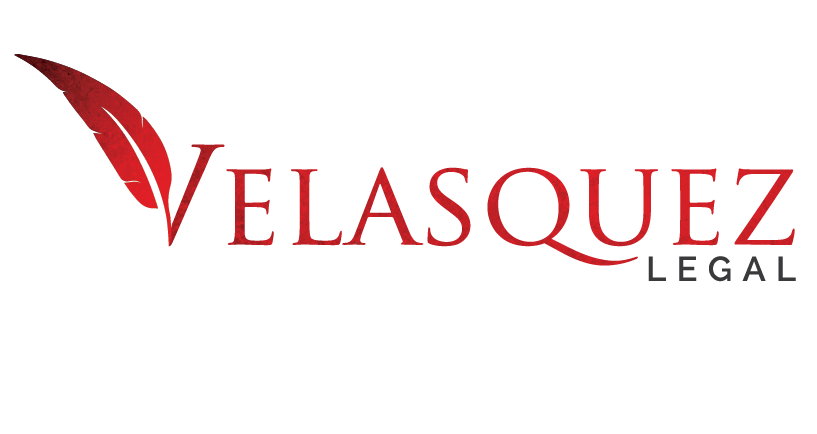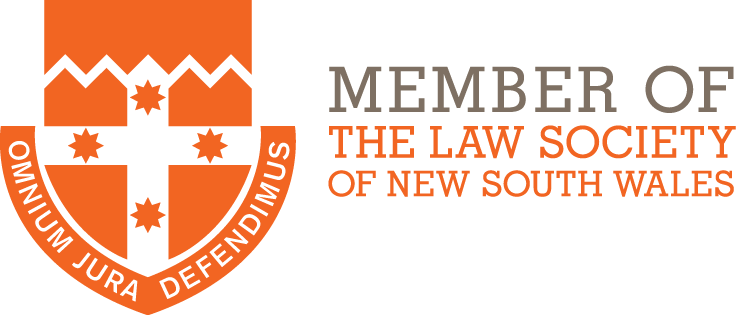Making or Using False Official Instrument to Pervert the Course of Justice | Section 318 Crimes Act 1900
Under section 318 of the Crimes Act of 1900, it is illegal to make or use a fake official document to get around the law. This is punishable by up to 14 years in prison.
To prove the crime, the prosecution has to prove a number of facts beyond a reasonable doubt, and if they can't do that, the person is entitled to be set free.
There are also a number of ways to defend yourself in court if you are charged with the crime.
If you have been charged with making or using a fake official document to pervert the course of justice, you can call Sydney Criminal Lawyers at any time at (02) 9261 8881 to set up a free first meeting with an experienced criminal defence lawyer who will look over the accusations and tell you what your options are and the best way to move forward.
Read on to learn more about the laws surrounding the crime, including what the crime is, what the prosecution has to prove, what your options are, how you can defend yourself, and what the penalties are.
The Laws
What is the crime of making or using a fake official document to change the way justice is done?
Under section 318 of the Crimes Act of 1900, it is illegal to make or use a fake official document to get around the law.
Section 318(2) says that a person is guilty of making a false official document to get around the law if:
Makes a copy of a document that he or she knows is a fake official document, or makes a copy of a document that he or she knows is a fake official document. The person does this with the intention of getting someone else to accept the document as real or the copy as a real official document.
Section 318(3) says that a person is guilty of perverting the course of justice by using a fake official document if he or she:
makes use of a tool,
Knows the document was a fake official document or a copy of a fake official document, tries to get someone else to accept the document as real or the copy as a real official document, and plans to change the way the law works if the person accepts the document.
An "official instrument" is one that is made or given out by a public official or by a court.
A "public officer" is someone who has any power, authority, duty, or function given to them by any level of the Australian government or delegated by any level of the Australian government.
A "judicial tribunal" can be a person, like a coroner or arbitrator, a court, or any other group that is allowed by law or by the agreement of the parties to hold a hearing to decide something.
A "false document" is something that claims to be:
Made in a form or with terms by someone who didn't make it in that form or with those terms. Made in a form or with terms, or changed in any way, on authority, by someone who didn't have authority or didn't exist. Made or changed on the wrong date or at the wrong place.
Section 312 of the Act says that "perverting the course of justice" means to "obstruct, prevent, pervert, or defeat the course of justice or the administration of the law."
Some examples of tampering with the course of justice are:
Trying to pay off a police officer or a judge to avoid being charged or punished,
swearing or saying that someone else did something wrong when they didn't,
Using someone else's phone or email to make up a defence for a crime. Encouraging or paying someone to plead guilty to a crime they didn't do, give a fake alibi, or lie in court.
What is the punishment?
If you make or use a fake official document to get around the law, you could spend up to 14 years in prison.
But it's important to remember that this is the maximum sentence that can be given and that the court can choose from any of the following:
Section 10: Order of Dismissal with Conditions
Fine Order for Community Service
Order for Strict Punishment
Less time in prison
What Does the Government Need to Show?
For a person to be found guilty of section 318(2)'s "making a false official instrument to pervert the course of justice," the prosecution must prove beyond a reasonable doubt each of the following "elements" of the crime:
The defendant made a fake official document or a copy of a document he or she knew was a fake official document. The defendant did this with the intention of getting someone else to accept the document as real or the copy as a real official document. The defendant intended for this acceptance to change the way justice was done.
If the prosecution can't prove each of these things to the required level, the case will be dropped.
For a person to be found guilty of section 318(3)'s "using a false official instrument to pervert the course of justice," the prosecution must prove beyond a reasonable doubt each of the following "elements" of the crime:
The defendant used a document that he or she knew was a fake official document or a copy of a fake official document. The defendant knew it was a fake official document or a copy of a fake official document. The defendant did this on purpose to get someone else to accept the document as real or to accept the copy as a real official document.
Again, the case will be dropped if the prosecution can't prove each of these things to the required level.
How do you defend yourself?
In addition to having to prove each part of the crime, the prosecution must also refute any of the following defences if they are raised in a proper way:
Duress is when you were scared or forced to do something.
Necessity, in which the act was done to avoid danger, and Self-Defense, in which the act was done to protect yourself or someone else.
It must prove beyond a reasonable doubt that these defences don't work.
Your Choices in Court
Not Guilty Plea
Before you can be found guilty under section 318(2) of making a false official document to obstruct the course of justice, the prosecution must prove beyond a reasonable doubt that:
You made a fake official document, or you made a copy of a fake official document that you knew was fake. You did this on purpose to get someone else to accept the document as real, or to accept the copy as real, and you intended for that acceptance to change the way justice works.
There are several ways to defend making false official instrument charges, such as saying:
The prosecution can't prove that you made an instrument or made a copy of an instrument. They also can't prove that any instrument you made or copied was an official one.
The prosecution can't show that the original document or its copy was a "false" official document.
The prosecution can't prove that you knew the document you made or copied was fake.
The prosecution can't show that you meant for your actions to make someone accept the original or a copy as real.
The prosecution can't prove that you accepted something with the intent to change the way justice works, or you have a good legal defence that the prosecution can't prove isn't true.
If any of these things happen, you should not be found guilty of the crime.
Before you can be found guilty of section 318(3)'s charge of using a fake official document to get around the law, the prosecution must prove beyond a reasonable doubt that:
You used an official document that you knew was a fake, or you used a copy of a fake official document that you knew was a fake. You did this on purpose to get someone else to accept the document as real, or the copy as real, and you meant for that acceptance to change the way justice works.
There are a number of ways to defend yourself against charges of using a fake official document.
The prosecution can't prove that you used an official instrument or a copy of one.
The prosecution can't prove that the official document or copy you used was "false."
The prosecution can't prove that you knew the official document or copy you used was a fake,
The prosecution can't show that you meant for your actions to make someone accept the original or a copy as real.
The prosecution can't prove that you accepted something with the intent to change the way justice works, or you have a good legal defence that the prosecution can't prove isn't true.
Again, any of these things must happen for you to be found not guilty of the crime.
A good lawyer will be able to write to the prosecution to try to get the case against you dropped, or they will fight to get it thrown out of court if it goes to a hearing or trial.
Taking the blame
You might decide to plead guilty to the crime if the evidence against you is very strong.
In that case, your lawyer might be able to talk with the police about the "facts" to make the crime less serious.
Your lawyer can also help you get materials that can be given to the court during your sentencing, such as a letter of apology, references from people who know you well, and any documents from therapists or doctors you have seen.
Together, these pieces of evidence and your lawyer's convincing arguments in court can help make sure you get the lightest sentence possible given the situation.
By pleading guilty early, you could get a "discount" of up to 25% on your sentence. This could mean that you get a less severe punishment, like a section 10 dismissal or a conditional release order, instead of a harsher one.
You will also save time, money, and stress by not having to go to a hearing or trial to defend yourself.


